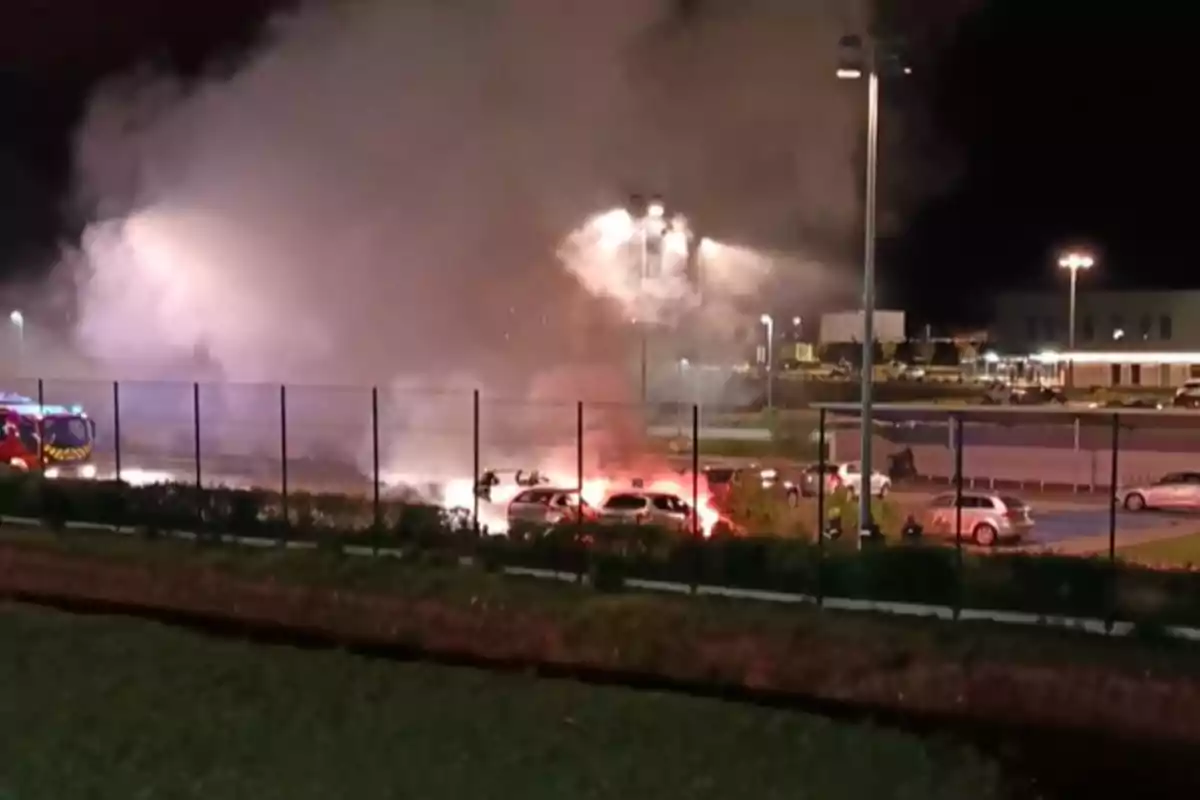
Several riots related to drug trafficking were reported in French prisons.
During Monday night, serious incidents were reported in French prisons due to the tightening of measures against drug trafficking
France has been shaken by a series of violent attacks against several prisons in recent days, a response that, according to authorities, is directly related to the tightening of government measures against drug trafficking, especially cocaine trafficking.
On Monday night, seven penitentiary establishments were attacked in different regions of the country, including Toulon, Aix-En-Provence, Marseille, Valence,Nîmes, Villepinte, and Nanterre.
One of the most serious incidents occurred at the Toulon prison, where military-grade automatic weapons were fired at the entrance of the establishment. According to the UFAP prison officers' union, vehicles were also set on fire in the vicinity of several prisons.
In Nancy, a prison officer was threatened at his own home, while in Marseille an attempt was made to start a fire. The previous Sunday, seven vehicles had been burned in front of the National School of Penitentiary Administration.
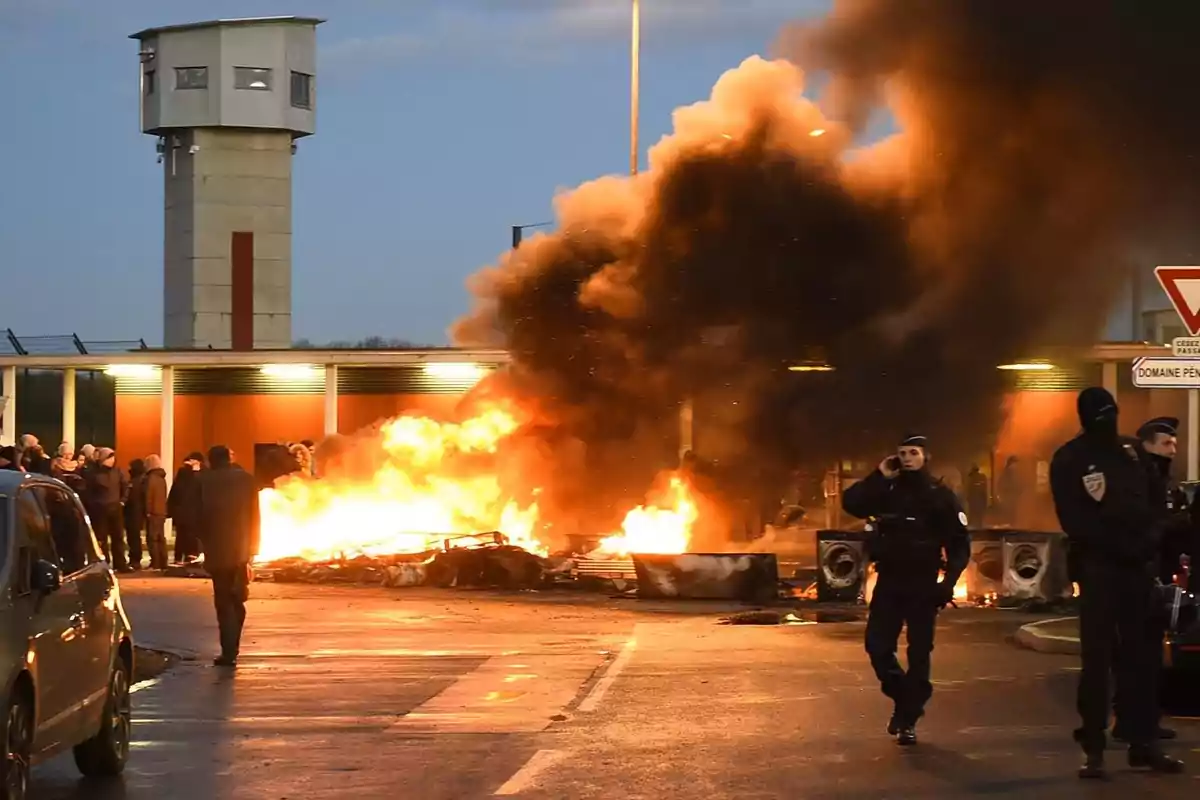
The Minister of Justice, Gérald Darmanin, described these acts as attempts at intimidation and announced his visit to Toulon to support the affected prison staff.
In a post on X, he stated that "the French Republic is facing the problem of drug trafficking" and that measures are being implemented that "will deeply disrupt criminal networks."
The increase in cocaine trafficking from South America (Bolivia, Colombia) has radically transformed the criminal landscape in Europe, and France has been no exception.
In 2024, cocaine seizures have doubled, reaching a record 47 tons in the first 11 months of the year, compared to 23 tons in all of 2023.
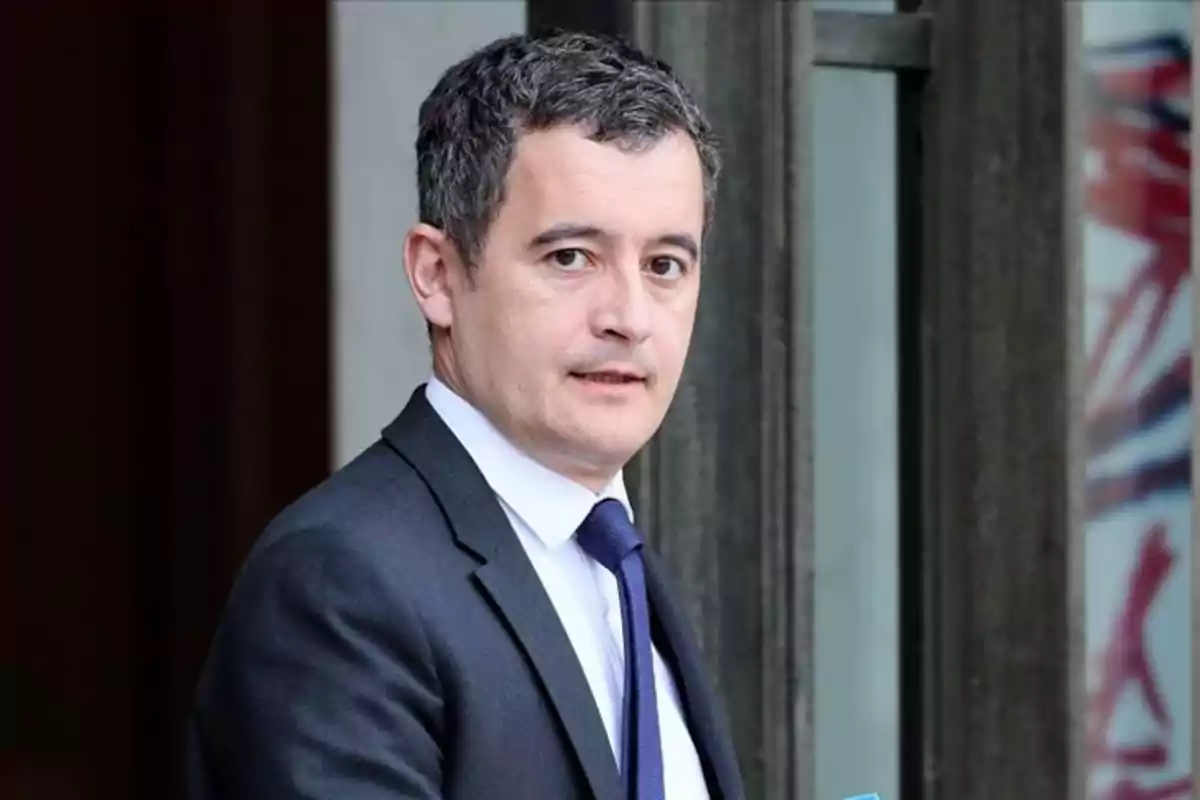
This has led to an expansion of drug trafficking from traditional cities like Marseille to smaller towns that were, until recently, less affected by drug-related violence.
The Ministry of the Interior, led by Bruno Retailleau, also condemned the attacks, calling them "cowardly and despicable," and ordered an immediate reinforcement of security in all penitentiary facilities.
In his words: "Those who attack prisons and their officers deserve to be locked up in them and watched over by those same agents."
The National Anti-Terrorism Prosecutor's Office (PNAT) took over the investigation of the attacks, which has caused surprise, as traditionally these types of cases fall under the prosecutor's office specialized in organized crime.
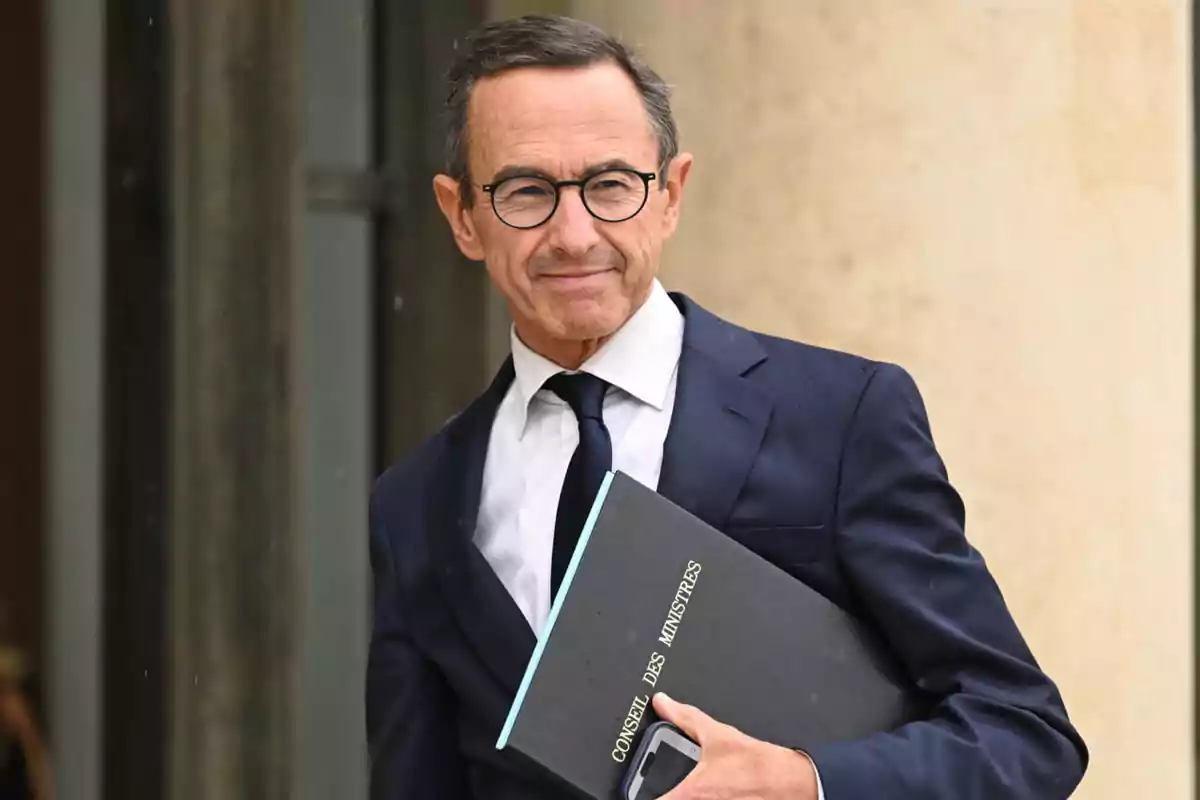
The involvement of the internal intelligence agency (DGSI) and the discovery of graffiti with the letters "DDPF," an apparent acronym for "Rights of French Prisoners," has sparked speculation about the possible involvement of a militant group, although no responsible organization has been confirmed.
Some media also reported the appearance of anarchist slogans at the attacked sites. However, the national secretary of the UFAP union, Wilfried Fonck, stated that he is not aware of the existence of such a movement operating in French prisons, although he believes that is one of the reasons why the PNAT is leading the investigation.
The FO Justice and UFAP prison unions have expressed deep concern for the safety of the officers, calling the attacks "extremely serious" and demanding urgent government action.
Images have circulated of burned-out vehicles and bullet holes at prison entrances, symbolizing the risk faced daily by French prison system workers.
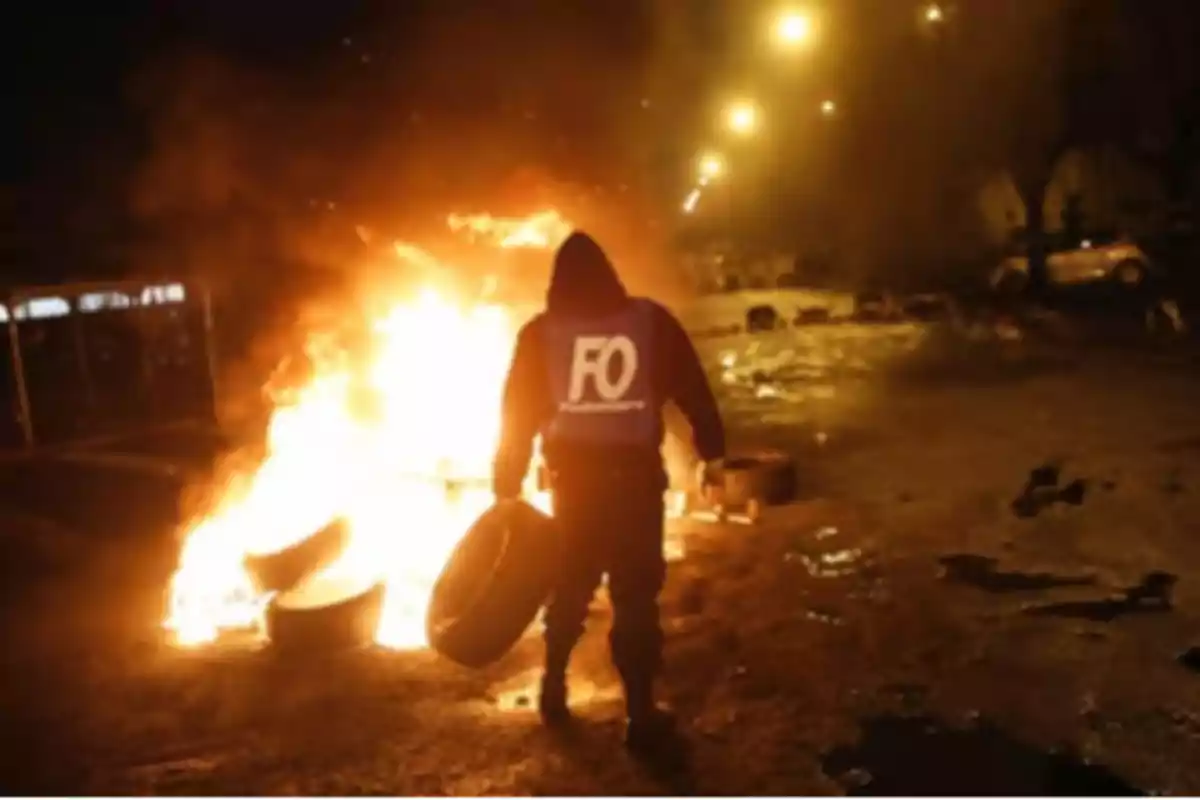
In response to this wave of violence, the French government is pushing a series of reforms. Among them is the construction of new high-security prisons to isolate the main drug trafficking leaders, and a new anti-drug trafficking law that is in the process of parliamentary approval.
This law includes the creation of a national prosecutor's office specialized in organized crime and will significantly expand the police's investigative powers.
These events have also had political repercussions. The increase in crime has boosted support for right-wing parties, particularly the National Rally, and has pushed public debate toward a tougher stance on security.
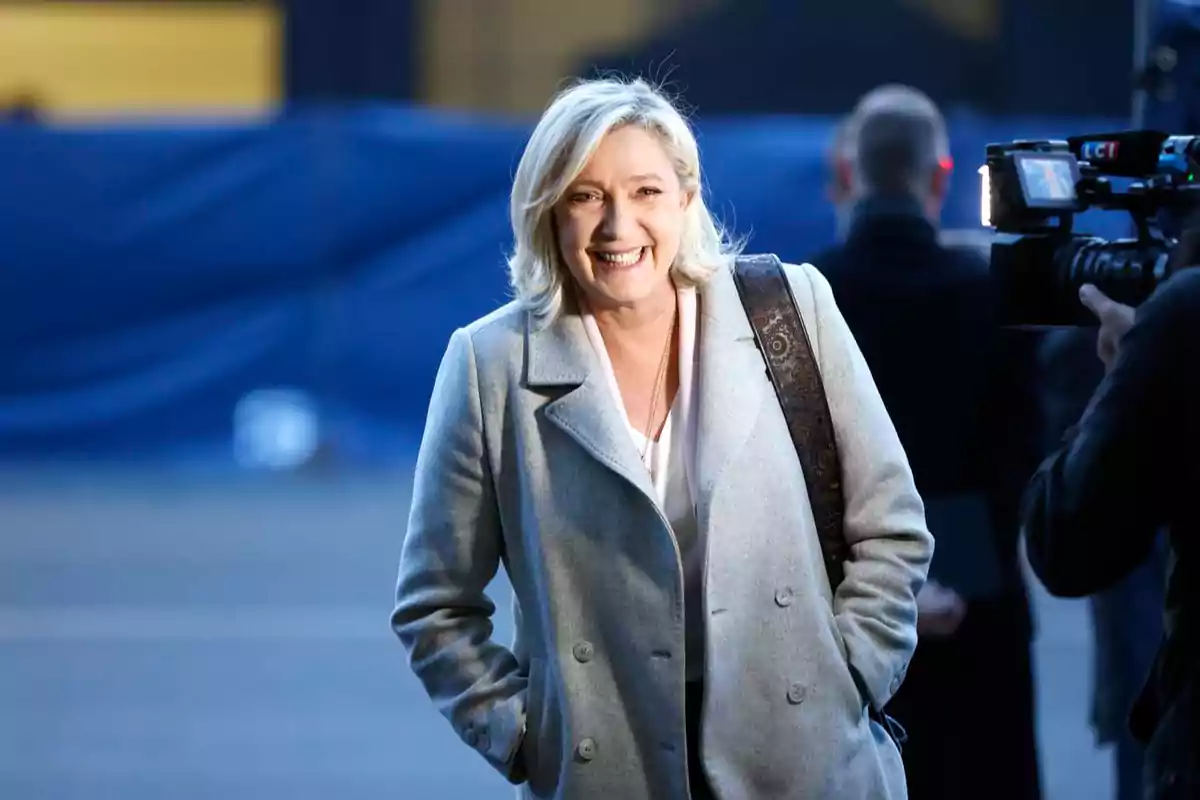
More posts: